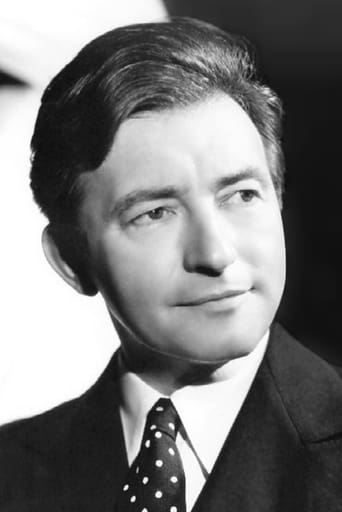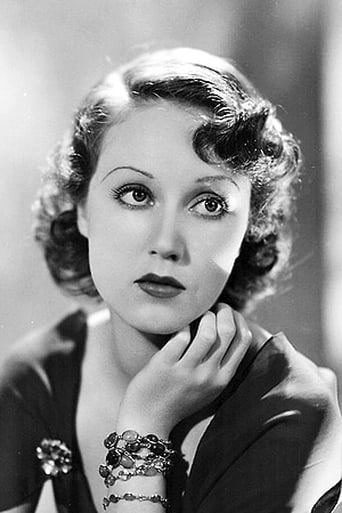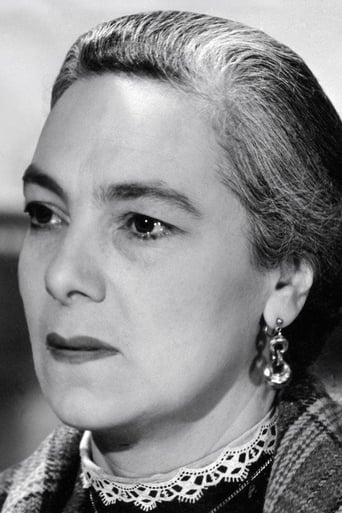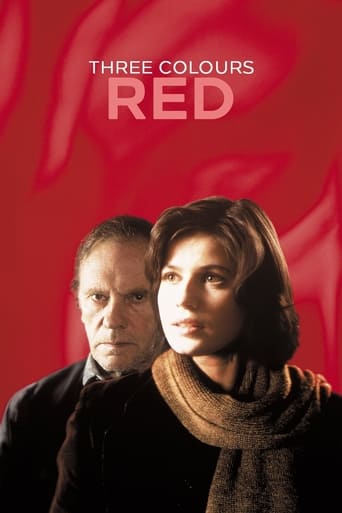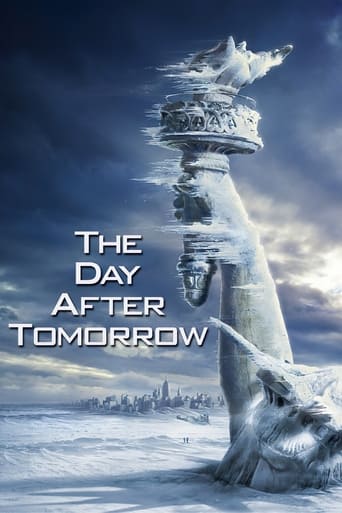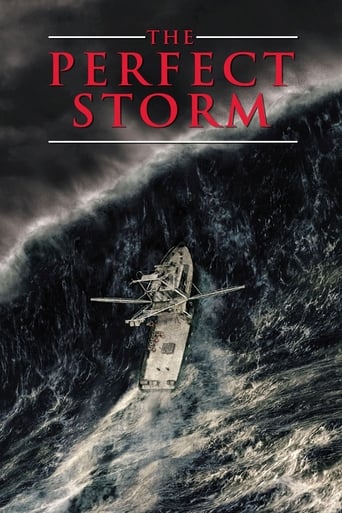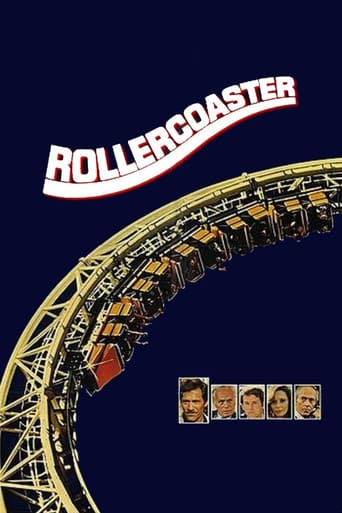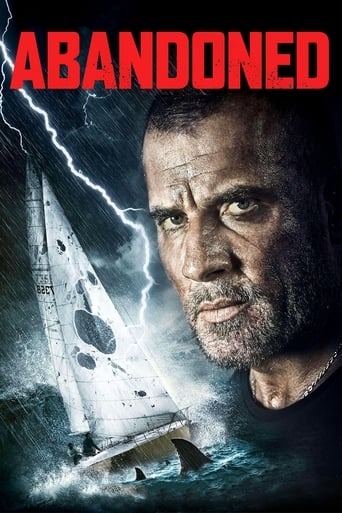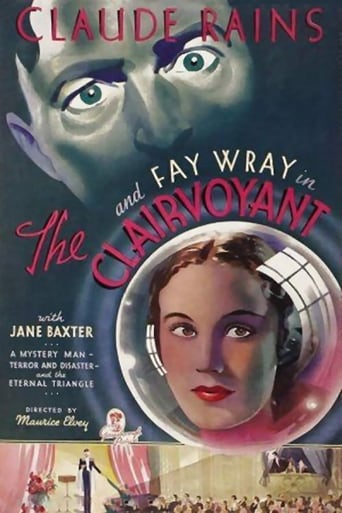
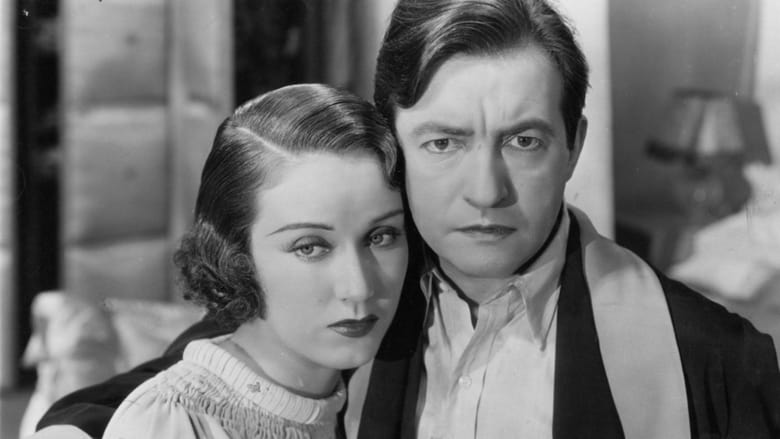
The Clairvoyant (1935)
A fake psychic suddenly turns into the real thing when he meets a young beauty. (TCM)
Watch Trailer
Cast


Similar titles
Reviews
Following their respective successes in THE INVISIBLE MAN and KING KONG, Claude Rains and Fay Wray teamed up for this minor British effort that bears something of an odd alternative title, THE EVIL MIND. The fact that Rains' character isn't evil kind of negates this moniker, which I guess was invented to tie in with his villainous invisible role the year before. Anyhow, THE CLAIRVOYANT is a decent kind of film, well-shot and spooky throughout, the kind they don't make anymore. Director Maurice Elvey had been working for decades and he handles his light material with aplomb.Rains gives an excellent performance as the titular character who discovers he really can foresee the future when he's in the presence of a newspaper owner's daughter. He foretells disaster, firstly on a train he's travelling in, and later in a big-set piece where miners are drilling below a river when a massive cave-in literally brings the roof down. Who says that the FINAL DESTINATION films are original? This film, especially the bit on the train, proves otherwise and the producers of that modern franchise ought to acknowledge the ideas they borrowed from this flick in their credits.The short running time means we've got a nicely-paced movie that even has an interesting love-triangle sub-plot. Although it doesn't go anywhere, this sub-plot certainly isn't boring. I didn't really care for Jane Baxter in this film, but Fay Wray truly is lovely and puts in a nice turn as Rains' put-upon wife. For a thriller, there's a fair amount of suspense built up along the way, along with some good effects in the frightening cave-in sequence. Things climax with one of those courtroom scenes so beloved of early film-makers, and I was utterly gripped as I waited to see how things would turn out for our hero. I wasn't disappointed; THE CLAIRVOYANT isn't a horror film, but it's a decent little thriller all the same.
This production, in which I see no evidence of a particularly low budget, reminds me a little of the early Hitchcock films. Strictly convergent evolution, I assume, but there's a scene in a crowded music hall with the audience shouting questions at a man on the stage (Raines) who is supposed to be able to foresee the future. And it's old, scratchy, and black and white, like most prints of "The 39 Steps." There's a generous amount of overacting too.The story is pretty good. It must be since it's showed up so often in other venues. "The Night Has a Thousand Eyes" and "Nightmare Alley", for instance. A fake stage clairvoyant begins to have unbidden but genuine visions. He gets a swelled head. Then he gets into trouble and winds up in court.But this story is stronger than some of Hitchock's British thrillers. What it lacks is Hitchcock's artistry, his willingness to play with scenes, to gin up their excitement so that, as he once put it, "there isn't a dry seat in the house." Maurice Elvey directs in a plain vanilla style. Nobody gets lost on the desolate Scottish bens; nobody slowly pokes through a rack of wines; there are no swooping shots that begin on the moon and wind up with a close up of a fist clutching a key. The special effects are hardly tawdry though. When Raines gets his final synapse-fusing vision on the witness stand, his eyeballs glow like twin arc lights.There is a sub plot involving two women. One is his wife, Fay Wray, a few years after having her hampering outer garments peeled off by King Kong, and she was only 28 when this was released. She's astonishingly attractive, in a glandular yet virginal way. It's a compelling combination, often found in Canadian women, I've noticed. Think Ruby Keeler.Then Jane Baxter enters the scene. She's only friendly and admiring before she falls in love with Raines. I don't know why she falls in love with him. I'm taller than Raines, better looking, and very witty, especially when drunk. Why don't beautiful rich women fall in love with me? One of the better scenes -- the physical disasters aside -- is when the two women first meet. Raines and Wray come home to find Jane Baxter sitting there with a big smile. Raines is so stupid -- so out of touch with emotional disasters -- that his clairvoyance doesn't tell him, ever, that sparks are going to fly. Wray's happy grin turns upside down the moment she spots the other woman. Waves of hatred emanate from her.That silly sounding rivalry though is more than just another sub-plot shoe horned into the narrative to fill up the time and add some affective content. Baxter is more than just "the other woman." She's actually a nice lady and it is vibrations from her nearness that set Raines off on his clairvoyant toots.I don't think I'll spell out the ending but it raises an interesting question. Suppose there were real clairvoyants. Suppose they publicly predict a disaster will happen in, say, a subway tunnel. Suppose the workers find this unnerving enough that the foretold accident takes place. In other words, the prophecy is self fulfilling. Who's responsible for the disaster?
Claude Rains stars as Maximus, a vaudevillian who pretends to have psychic powers as part of his act. He really is not a fraud per se, anymore than a magician that pulls rabbits out of a hat is a fraud. Maximus is happily married to Rene (Fay Wray), who assists him in his act. One night during a performance she accidentally gets locked out of the theatre and then has to argue with the cashier that she is an actor in the show, not someone trying to sneak in to see the show for free. While all of this is going on, the act stalls of course. The crowd becomes rowdy and a blindfolded Maximus - the blindfold is part of the act - stumbles around on stage and finally takes off the blindfold. His eye catches the piercing stare of a pretty girl in the balcony (Jane Baxter as Christine). Maximus for the first time in his life issues two real and correct prophecies - one about a man's sick wife and another about a train wreck. When the train wreck prediction comes true Maximus is bombarded with offers for higher paying jobs as a bonified psychic. He takes one of these jobs only to find that he has no more visions at all. He's about to be fired when he meets up with Christine again and correctly predicts the winner of the derby.The situation is now complicated - Maximus only has visions in the presence of a beautiful girl who loves him, and that girl is not his wife. But things get worse. The next vision Maximus has involves a potential construction disaster in a tunnel. Since this is the first prediction that Maximus has had that will cost rich people money, none of the powers that be - not the press nor the owners of the construction project - want to stop work on Maximus' word. Maximus goes to the construction site before the shift starts and warns the workers himself. The workers are of course nervous about the prediction, but they are threatened with being fired if they don't report for their shift.The accident happens as predicted, and Maximus is blamed and put on trial for what he has done. The theory being that the disaster happened because the workers were so nervous about the prediction that they made mistakes that caused the explosion. What we see in the tunnel doesn't contradict that statement. Will Maximus' wife leave him? Will Christine get him? Will neither of them get him because he goes to prison? Watch and find out.This film approaches the question of predestination versus free will - did Maximus' vision of the disaster take into account his own actions before he even made a decision of what to do, or would the disaster have occurred anyways? In other words, was Maximus' action predestined or was the disaster itself predestined, or both? Do people have connections to one another that they don't really understand that bring out their own supernatural powers? Is there something more to the phrase "you bring out the best/worst in me" than meets the eye? All interesting questions, and in the tradition of the subtlety of British film they are not explicitly asked, but they are left out there hanging.Finally there is the issue of Claude Rains' performance here. In the hands of a less capable actor you might dislike his character or find his trances hammy. Instead you feel his internal struggles and believe the guy really wants to do the right thing, he's just truly confused as to what that right thing is. Fay Wray is good here as Maximus' wife, but she's just a little too good to be true when she's faced with another woman - Christine - who admits to her that she wants to take her husband away from her. I'd recommend this one quite highly.
Charlatan clairvoyant Claude Rains (as Maximus) and impetuous wife Fay Wray (as Rene) become wealthy and successful when their con act benefits from his acquisition of real powers. The newfound ability to foretell the future comes in handy when Mr. Rains visits the racetrack. Rains' predictive powers seem to stem from mysterious Jane Baxter (as Christine Shawn), which makes Ms. Wray jealous. Call it her "woman's intuition." There are more problems for Rains when he predicts a horrific disaster, inviting some "kill the messenger" reaction from the public. Both Rains and the film's credulity are put on trial - one wins, one loses.***** The Clairvoyant (1934) Maurice Elvey ~ Claude Rains, Fay Wray, Jane Baxter Mary Clare


